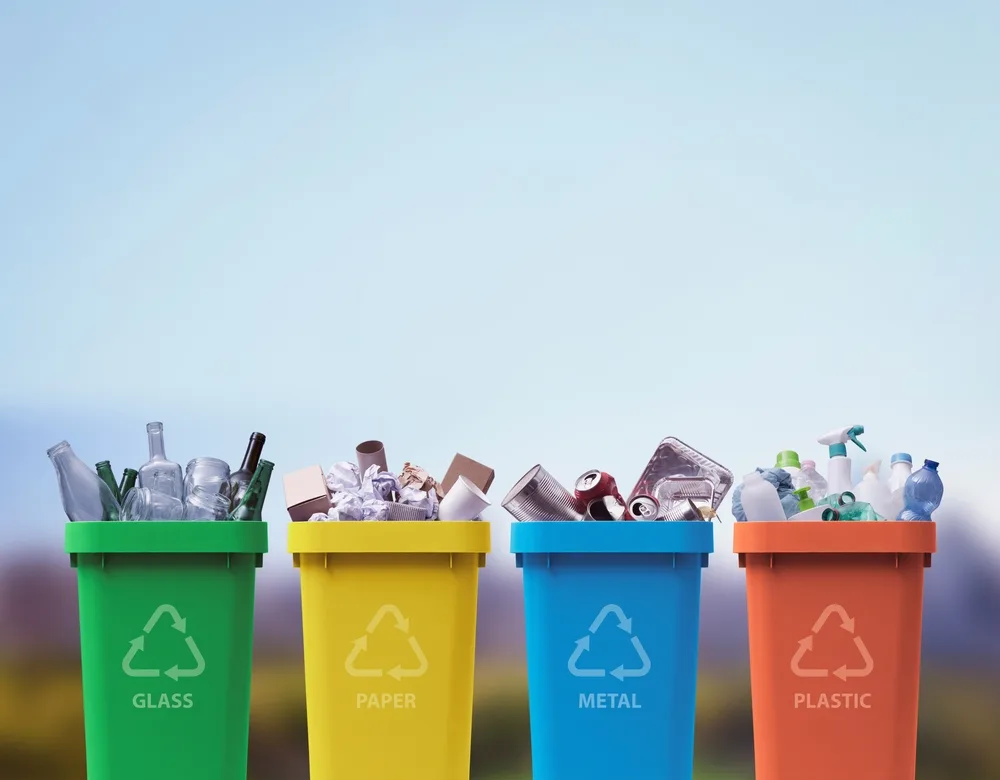A great course for anyone working in waste management, or the broader field of environmental management. This course complements many of our other environmental courses; but is equally valuable as a training program for those who wish to develop a broad overview of the nature and scope of waste, and the many ways it can be treated in today’s world.
Students learn about pollution, pollutants, industrial, nuclear and toxic waste, water quality, how waste is disposed of through natural processes and how to harness those processes to better manage waste disposal.
Course Aims:
- Explain the nitrogen cycle and how it relates to waste treatment.
- Determine the economic considerations of different waste disposal systems.
- Compare industrial waste management with domestic waste management procedures.
- Determine the principles of “polluter pays” legislation and how it is applied.
- Describe how a budget is applied to managing a specific waste management enterprise.
- Discuss issues in nuclear power and nuclear waste technology (including hospital waste).
- Explain the cyclic nature of the water system and its relationship to environmental waste management.
- Monitor and recommend improvements to a specified recycling enterprise.
There are 6 lessons in this course:
- Domestic Waste
- Definitions
- The Earths environment
- Conservation and use of resources
- Value of resources: economic, ecological and aesthetic
- Damage being caused
- Urbanisation
- The impact of humans
- Sewage and it’s treatment
- Characteristics of sewage
- Components of sewage – solids, organic material, industrial waste
- Decomposition of sewage
- The nitrogen cycle
- Classification of sewage systems
- Storm water systems and management
- Dry rubbish
- Nature of refuse
- Placement and protection of bins
- Trade waste
- Refuse collection systems
- Refuse collection vehicles
- Salvage materials
- Safe disposal of household chemicals
- Street Cleaning & Disposal Of Refuse
- Types of street refuse
- Methods of street cleaning – gritting, sanding, sweeping, washing, etc.
- Cleaning storm water pits
- Managing snow
- Refuse disposal-separation, controlled tipping, combustion, pulverisation, etc.
- Refuse for fertiliser
- Methods of refuse Sorting – screening, magnetic, hand sorting
- Types of incinerators
- Vacuum systems for refuse collection – garchey system, gandillon
- Harvesting energy from combustion
- Industrial Waste
- Types of industrial pollution
- The greenhouse effect
- Ozone depletion
- Toxic and Nuclear Waste
- Nuclear power
- Nuclear fission
- Mining nuclear fuel
- Uranium enrichment
- Gas diffusion
- Gas centrifuge
- Nuclear waste
- Transporting nuclear waste
- Reprocessing
- Health risks of nuclear waste
- Water Quality and Treatment
- Industrial effluent
- Pricing control compared with direct control
- Types of water impurities
- Scope of purification
- Managing water for public supply
- Water treatment methods
- Purification methods – sedimentation, filtration, disinfection, aeration, screening, etc.
- Recycling sewage water
- Recycling wastewater
- Reed bed treatment
- Improving water quality from any source – physical, chemical, biological impurities
- Water borne diseases
- Recycling Waste
- Scope and nature of recycling
- Rubbish tips (dumps)
- Recycling plastics
- Recycling metals
- Recycling glass
- Recycling paper
- Recycling rubber
- Actions by individuals (at home or work) – reducing, reusing and recycling waste

